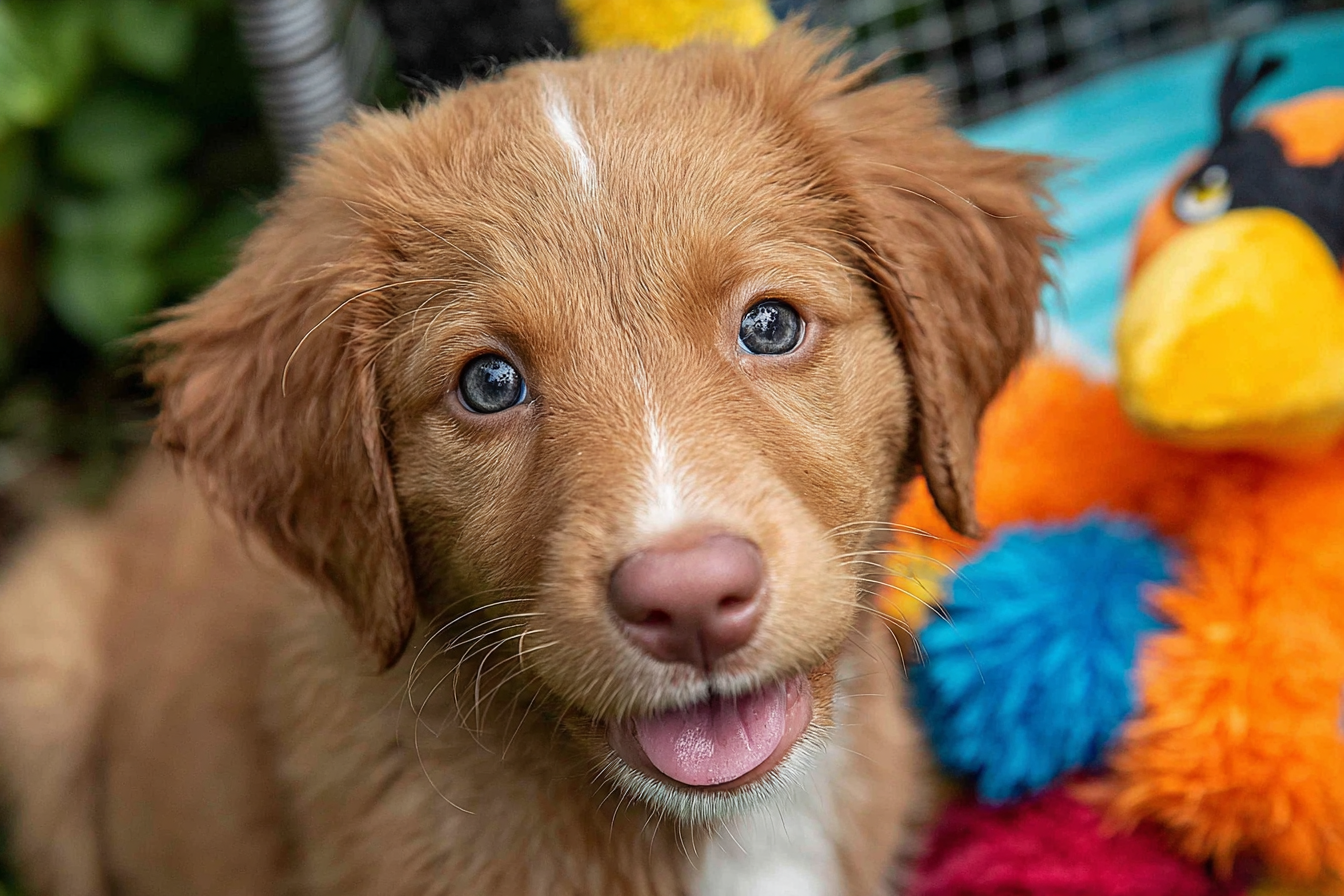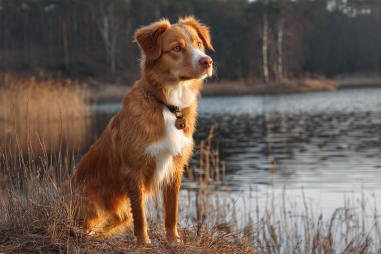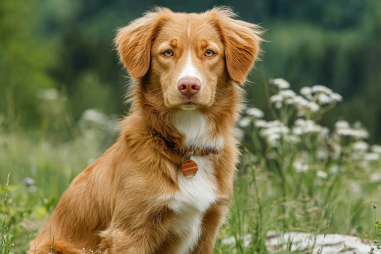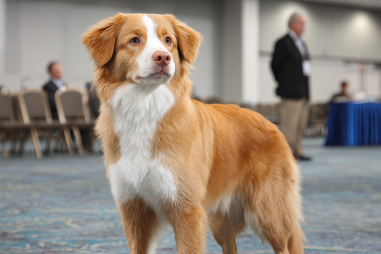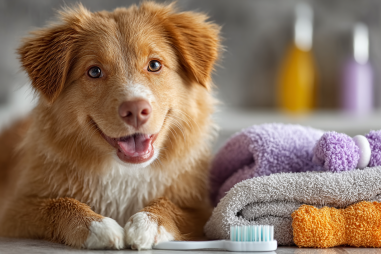Bringing home a Nova Scotia Duck Tolling Retriever puppy is an exciting journey filled with joy and new responsibilities. Known for their intelligence, energy, and affectionate nature, Tollers require thoughtful care during their early months to grow into happy, healthy adult dogs. This guide will walk you through essential puppy care tips tailored specifically for your Nova Scotia Duck Tolling Retriever, helping you set a strong foundation for a lifelong bond.
Preparing Your Home for a New Puppy
Before your Nova Scotia Duck Tolling Retriever puppy arrives, it’s important to create a safe and welcoming environment. Puppies are naturally curious and explore the world with their mouths, so puppy-proofing your home is a top priority. Remove or secure anything that might be harmful, including electrical cords, small objects that can be swallowed, and toxic plants or chemicals.
Create a designated space where your puppy can feel secure, such as a crate or a puppy playpen. This space should include a comfortable bed, some toys, and easy access to water. This helps your puppy understand boundaries and provides a consistent spot for rest and relaxation.
Feeding and Nutrition for Puppies
Nutrition plays a critical role in your Nova Scotia Duck Tolling Retriever puppy’s development. Choose a high-quality puppy food formulated for medium-sized breeds, rich in protein and essential nutrients to support growth and brain development. Tollers are energetic dogs, so the diet should provide enough calories without leading to unnecessary weight gain.
Feed your puppy multiple small meals daily — usually three to four — since their small stomachs cannot handle large amounts at once. Always provide fresh water. Avoid feeding human foods, especially those toxic to dogs, like chocolate, onions, or grapes. Consult your veterinarian for recommendations on portion sizes and any dietary supplements.
Vaccination and Health Check Schedules
Keeping your puppy healthy requires diligent care and regular veterinary visits. Start vaccinations early to protect against common diseases such as parvovirus, distemper, and rabies. Typically, the vaccination schedule begins at six to eight weeks old, with booster shots given every few weeks during the first few months.
Regular health checks allow your vet to monitor your puppy’s growth, detect any issues early, and discuss parasite control options like flea, tick, and worm prevention. It’s also the perfect time to ask about spaying or neutering, dental care, and any breed-specific health concerns.
Early Training and Socialization
Nova Scotia Duck Tolling Retrievers are intelligent and eager learners, making early training essential. Start with the basics such as sit, stay, come, and leash walking. Using positive reinforcement methods—treats, praise, and play—helps your puppy understand commands while building trust.
Socialization is equally important. Expose your puppy to different people, animals, environments, sounds, and experiences during the critical socialization window—between six and sixteen weeks old. Proper socialization helps prevent behavioral problems like fearfulness or aggression later in life and encourages a well-rounded, confident adult dog.
Safe Play and Exercise Routines
Tollers are a high-energy breed that thrives on regular play and exercise. However, their bones and joints are still developing during puppyhood, so it’s crucial to provide activities appropriate for their age. Gentle play sessions, short walks, and interactive games like fetch are ideal to start with.
Avoid excessive running or jumping from heights that can strain growing joints. Make sure the play area is safe and secure, free from hazards. Mental exercise is just as important—puzzle toys, basic obedience training, and scent games keep your puppy’s mind sharp and fulfilled.
Grooming Basics for Puppy Coats
The Nova Scotia Duck Tolling Retriever has a beautiful double coat that requires regular grooming. Introduce your puppy to brushing early on—ideally a few times a week—to remove loose hair, prevent mats, and keep the coat healthy. Use a slicker brush or a comb designed for double coats, and be gentle while grooming to make it a positive experience.
Bathing should be done only when necessary, using a mild puppy shampoo. Also, check and clean your puppy’s ears regularly to prevent infections, trim their nails carefully, and brush their teeth to promote good dental health.
Handling Common Puppy Behaviors
Puppies naturally exhibit behaviors like biting, chewing, barking, and sometimes potty accidents—understanding and addressing these early on is key. Redirect biting and chewing from hands or furniture to appropriate chew toys. Consistency and patience are essential to help your puppy learn acceptable behaviors.
Establish a potty routine and reward your puppy when they go outside. Avoid punishments, which can create fear and confusion, and instead use positive reinforcement to encourage good habits. If barking becomes excessive, provide plenty of mental stimulation and exercise, and train the “quiet” command as they grow.
Building a Bond with Your Puppy
Finally, the most rewarding part of puppy care is building a strong, loving bond with your Nova Scotia Duck Tolling Retriever. Spend quality time together through play, training, and gentle handling. Pay attention to your puppy’s body language and needs, responding with kindness and patience.
Creating routines around feeding, walks, and rest provides your puppy with a sense of security. Celebrate milestones and accomplishments, and enjoy the process of watching your puppy grow into a loyal, well-adjusted companion.
By investing time, patience, and care into these essential aspects of puppy care, you’ll give your Nova Scotia Duck Tolling Retriever the very best start in life. With your guidance and love, your puppy will flourish into a happy, healthy dog who brings joy to your home for many years to come.

